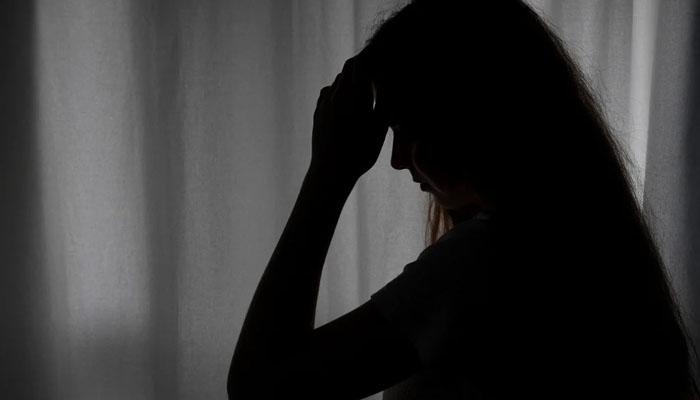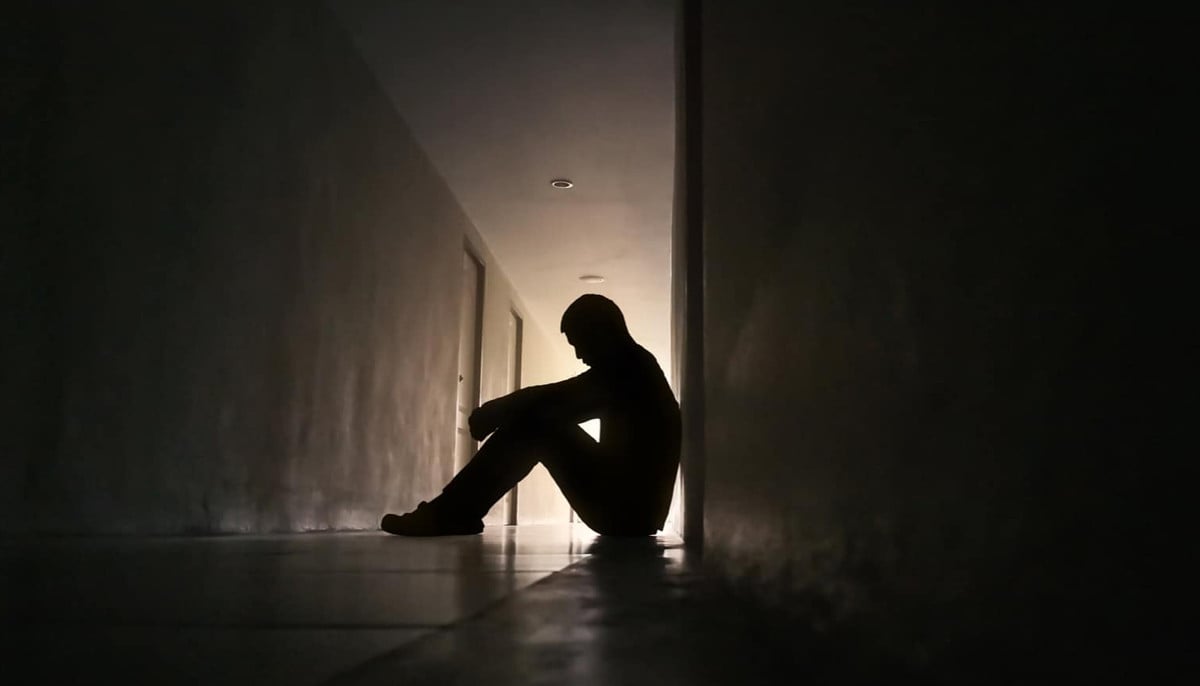Coping with suicide of a loved one? Here's a step-by-step guide to help you get over grief
Losing a loved one to suicide comes with additional layers of emotional burden and complexities which may be difficult to deal with
When a close friend or family member dies by suicide, your emotions are probably all over the place and it's tremendously difficult to deal with such a significant loss, but there are things you can do to help yourself get through it.
When you’re coping with the suicide of a loved one, according to a CNN report, it’s normal to feel a wide range of emotions, such as:
Shock
It can be difficult to accept what has transpired immediately after a loss. You might wish to reject the truth or feel numb. Shock can have a purpose by shielding you from the early hurt of the loss and assisting you in getting past it.
Anger
You can be upset with yourself, your loved one, or the medical staff who couldn't help. Anger is a common emotion. Make an effort to understand your feelings and discuss it through.
Confusion
It's acceptable if you don't comprehend why something so horrible occurred. It can be difficult or even impossible to understand why someone would decide to die by suicide. Instead of pushing yourself to come up with a solution that makes sense to you, it could be wiser to accept that you'll never fully understand. Put all of your efforts into accepting and managing your emotions.
Guilt
It's not your responsibility, so try not to be critical of what you did or didn't do. Because we frequently place the blame for mistakes on ourselves, feeling guilty is entirely acceptable, but it's not something you should live with. Discuss your feelings with a person you trust.
Despair
Suicide loss is terrible, give yourself time to mourn. Your response is typical if you are particularly depressed. Keeping this in mind, grief is as unique as the individuals we've loved, there isn't a standard way to react to loss.
How do I work through this?
There are things you can do to make dealing with your loved one's loss easier:
Accept your feelings
After the loss of a loved one, people go through a wide range of emotions, some of which may be difficult to foresee, but they are all legitimate. It's acceptable to feel the way you do.
Take care of yourself and your family
You can get through each day and make progress if you eat healthily, exercise, and get enough sleep. Things will be simpler to handle if you take things one day at a time and concentrate on modest chores. Even if the situation may seem hopeless right now, it will get better.
Reach out and help others deal with this loss
Everyone can handle better when they share stories, and assisting others will also make you feel better. Speak with the mourners in your life or the ones you can trust. Sharing your ideas and feelings with others will make you feel less alone and serve as a constant reminder that you are not alone.
Remember and celebrate the life of your loved one
In order to honour your relationship, do what seems appropriate to you. For example, you might plant a garden in their honour, give to their favourite cause, or even frame some of your favourite memories. Try to recall the nicest times you two have had together.
Getting professional help
Admitting that you require assistance is fine. There are health professionals you may turn to if the sorrow of suicide becomes too much for you to bear alone.
You should contact a grief counsellor or professional therapist if you, blame yourself for the loss or for failing to prevent it, feel numb and disconnected for more than a few weeks, or are unable to perform your normal daily activities.
-
Pink reveals health routine for asthma management
-
Gigi Hadid talks about 'relieving tension' amid having Hashimoto's disease
-
Selena Gomez explains why she thought lupus was 'life-or-death'
-
How Kim Kardashian made her psoriasis ‘almost’ disappear
-
Nick Jonas gets candid about his type 1 diabetes diagnosis
-
Sir Jackie Stewart’s son advocates for dementia patients
-
5 celebrities you didn't know have experienced depression
-
Late James Van Der Beek inspires bowel cancer awareness post death












